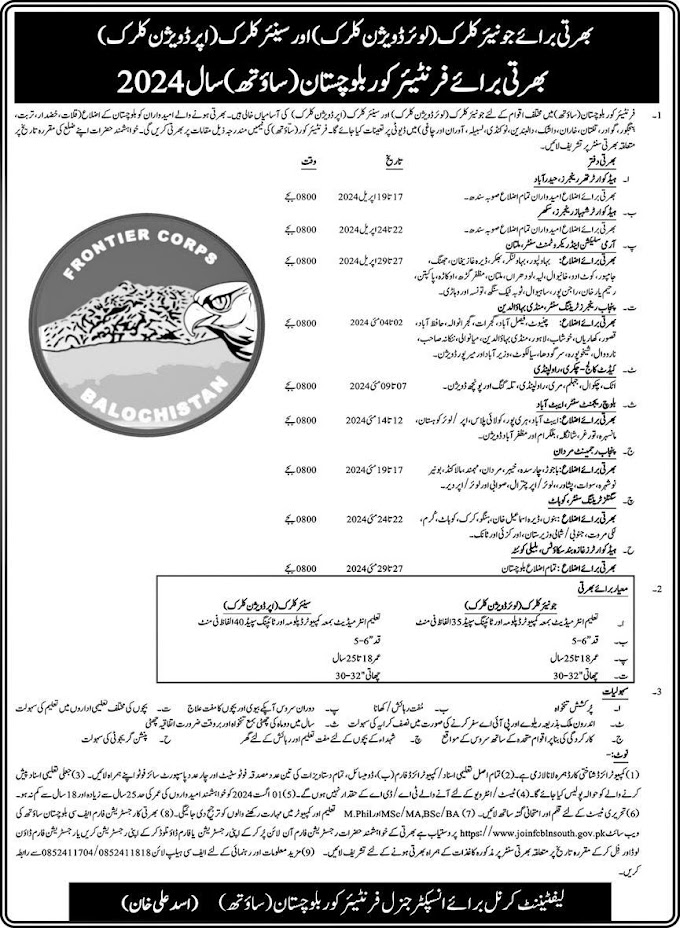Carter, who had been in office for less than a year when the crisis began, faced intense pressure to secure the release of the hostages. He initially pursued diplomatic efforts, imposing economic sanctions and working with other countries to pressure Iran to release the hostages.
However, as the crisis dragged on, Carter's popularity began to decline and he faced criticism for his handling of the situation. In April 1980, he authorized a military operation to rescue the hostages, but the mission was ultimately unsuccessful and resulted in the deaths of eight American servicemen.
The hostage crisis became a central issue in the 1980 presidential election, with Carter facing criticism from his opponent, Ronald Reagan, who argued that Carter's foreign policy was weak and ineffective. Reagan won the election in a landslide, and the hostages were finally released on January 20, 1981, just minutes after Reagan was inaugurated.
Despite his failure to secure the release of the hostages, Carter's response to the Iran Hostage Crisis demonstrated his commitment to diplomacy and his willingness to pursue peaceful solutions to international conflicts. He continued to work towards a resolution to the crisis even as his political fortunes waned, and his efforts helped lay the groundwork for the eventual release of the hostages.
In the years following the hostage crisis, Carter continued to be an advocate for peace and diplomacy. He founded the Carter Center, a non-profit organization dedicated to promoting democracy, human rights, and conflict resolution around the world. His work earned him the Nobel Peace Prize in 2002, and cemented his legacy as a champion of peace and diplomacy in a world marked by conflict and division.







.jpg)
.jpeg)



